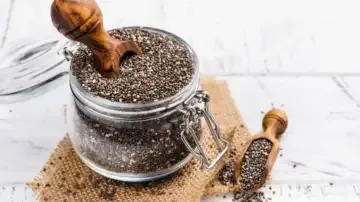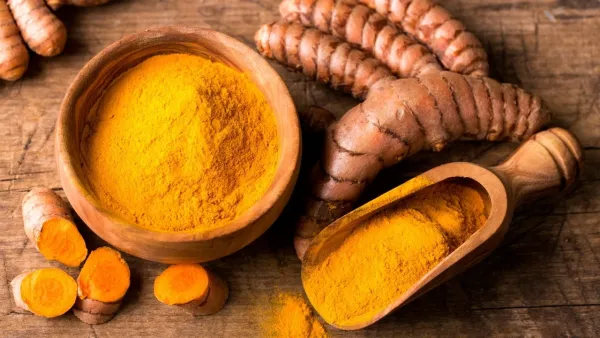Factors like stress, diet, and environmental toxins can disrupt this delicate balance, leading to a range of health issues such as fatigue, weight gain, and mood swings. Fortunately, nature offers a bounty of superfoods that can help restore hormonal harmony.
Here are some of the top superfoods known for their ability to support hormonal balance:
a type of phytoestrogen that can mimic the action of oestrogen in the body. This can help to balance oestrogen levels, making flaxseeds particularly beneficial for women going through menopause or those dealing with oestrogen dominance. Additionally, flaxseeds are high in omega-3 fatty acids, which reduce inflammation and support healthy hormone production. Add a tablespoon of ground flaxseeds to your smoothies, yoghurt, or salads for an easy hormone-boosting addition to your diet.
Maca root, a cruciferous vegetable native to the Andes, is widely recognised for its adaptogenic properties. It helps the body cope with stress, one of the leading causes of hormonal imbalance. Maca has been shown to improve energy levels, mood, and sexual function by supporting the adrenal glands and promoting the regulation of cortisol, the stress hormone. Studies have also suggested that maca may aid in balancing oestrogen and progesterone levels in women, particularly those experiencing symptoms of menopause or PMS.

Health benefits of avocados: They are packed with fibre, potassium, magnesium, and folate, all of which play a crucial role in hormone regulation (Image: Canva)
Avocados are rich in healthy fats, particularly monounsaturated fats, which are essential for hormone production. They also contain plant sterols that can help regulate cortisol and balance oestrogen levels in the body. Avocados are packed with fibre, potassium, magnesium, and folate, all of which play a crucial role in hormone regulation. Incorporating avocados into your diet can improve your body's ability to produce and maintain optimal hormone levels, helping you feel more energised and balanced.

Health benefits of chia seeds: Adding chia seeds to your diet can help maintain a stable blood sugar level, which is crucial for overall hormone regulation (Image: Canva)
Chia seeds are loaded with omega-3 fatty acids, which are essential for reducing inflammation and promoting hormonal health. Omega-3s help to balance the ratio of oestrogen and progesterone in the body, supporting reproductive health and reducing symptoms of PMS. Chia seeds are also an excellent source of fibre, which helps to stabilise blood sugar levels and prevent insulin spikes that can throw hormones out of balance. Adding chia seeds to your diet can help maintain a stable blood sugar level, which is crucial for overall hormone regulation.
Turmeric is a potent anti-inflammatory spice that can support hormone balance by reducing inflammation in the body. Inflammation is often a root cause of hormonal imbalances, particularly conditions like polycystic ovary syndrome (PCOS) and thyroid disorders. The active compound in turmeric, curcumin, has been shown to modulate oestrogen and progesterone levels and may even help balance cortisol levels during times of stress. Incorporating turmeric into your meals, teas, or smoothies can be an effective way to naturally support hormonal health.
Salmon is an excellent source of omega-3 fatty acids, which help reduce inflammation and regulate the production of key hormones such as cortisol, insulin, and oestrogen. The healthy fats in salmon also support the health of the adrenal and thyroid glands, both of which play a critical role in hormonal balance. Wild-caught salmon is particularly rich in nutrients like vitamin D and selenium, which are essential for maintaining hormonal equilibrium.

 Health benefits of avocados: They are packed with fibre, potassium, magnesium, and folate, all of which play a crucial role in hormone regulation (Image: Canva)
Health benefits of avocados: They are packed with fibre, potassium, magnesium, and folate, all of which play a crucial role in hormone regulation (Image: Canva)
 Health benefits of chia seeds: Adding chia seeds to your diet can help maintain a stable blood sugar level, which is crucial for overall hormone regulation (Image: Canva)
Health benefits of chia seeds: Adding chia seeds to your diet can help maintain a stable blood sugar level, which is crucial for overall hormone regulation (Image: Canva)